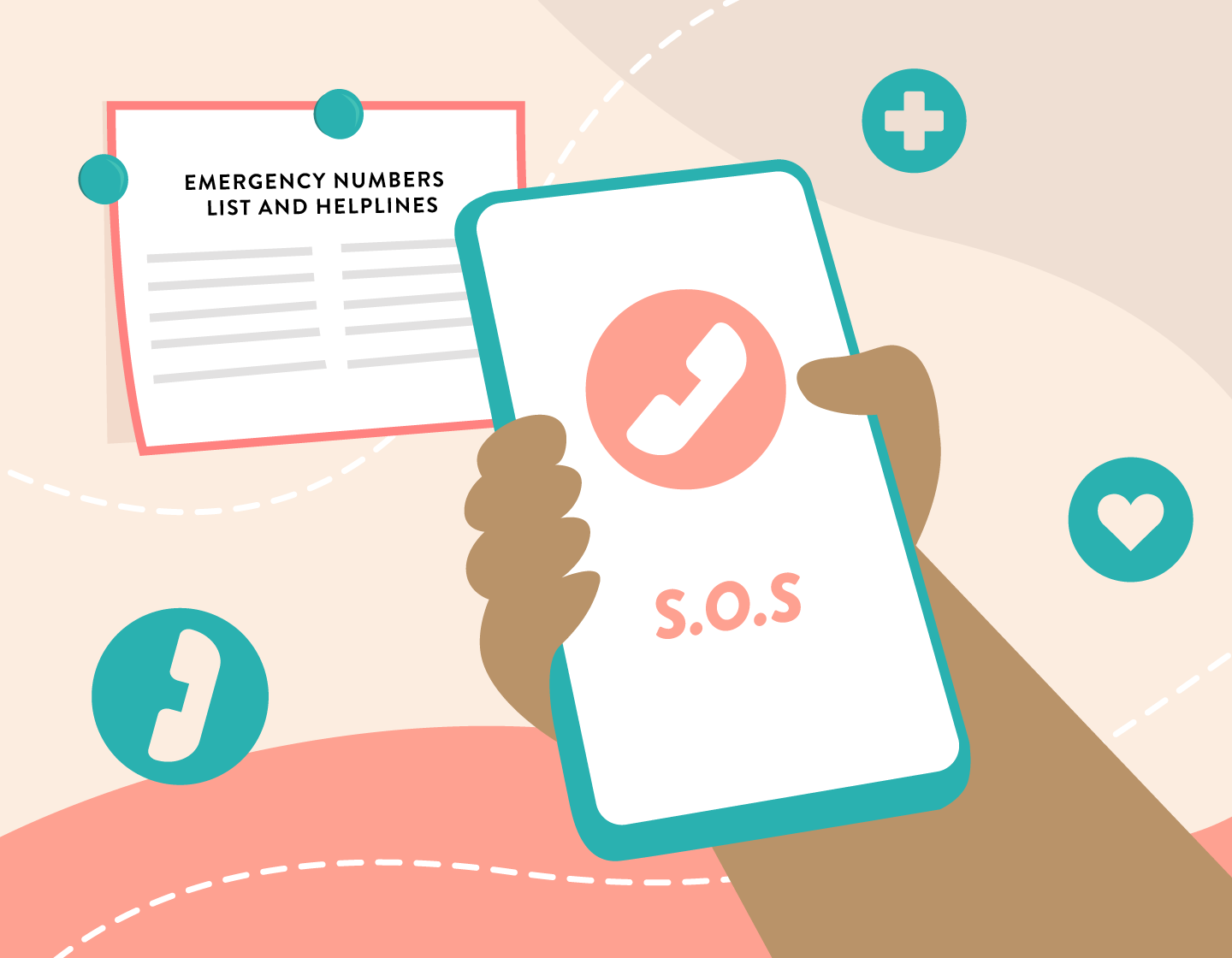Children are worried about their future because of the uncertainty that lies ahead. As they grow older, they become more aware of the challenges and responsibilities that adulthood brings.
Children fear the unknown, including new environments, meeting new people, and navigating unfamiliar situations. The fear of being judged, rejected, or not fitting in can also cause anxiety. It is essential for a parent, a school counselor, or a tutor to provide support, guidance special education, and a nurturing environment to help a child to build confidence to face their fears with resilience.

Student anxiety management strategies is of paramount importance; it needs to be talked about, (this is a challenging task!) and it needs to be dealt with care and concern now more than ever.
The Importance of Addressing Student Fears
Identifying the fears and anxiety that kids have is crucial because it allows tutors and parents to provide timely support and intervention.
Addressing fears and anxiety early on can prevent academic struggles, social isolation, and long-term psychological impacts. By acknowledging their concerns and by making them feel understood, we as teachers can help students build resilience, confidence, and coping skills, enabling them to thrive academically and emotionally.

Here are some of the hurdles that students run into and the ways in which they can be overcome!
Academic Challenges
Children in Singapore face significant academic challenges due to the highly competitive and rigorous education system. The emphasis on academic excellence and standardized testing creates immense pressure remind students to perform at a high level.

The fast-paced curriculum may lead to gaps in internalising information from lessons, leaving some students struggling to keep up. The focus on rote memorization and exam-oriented learning (especially for students taking national exams) can hinder creativity and critical thinking.
Fear of Failure and Poor Performance
The fear of failure can have a profound impact on students, causing them to feel inadequate and unworthy. When students constantly worry about not meeting expectations or making mistakes, it erodes their self-confidence and self-esteem.

When students start to feel very little of themselves, they may develop a negative self-image and believe that they are not capable of success. This fear can be paralyzing, preventing them from being able to effectively problem solve, take risks or pursue their goals.
Silencing the fearful voice, suppressing racing and anxious thoughts, and diluting negative feelings takes an immense amount of effort.
Exam Anxiety and Test Phobia
In Singapore, exam anxiety and test phobia are prevalent among students due to the intense academic pressure and high-stakes nature of exams. The fear of under-performing and disappointing parents and tutors can lead to feelings of stress, nervousness performance anxiety, and even physical symptoms like headaches and stomachaches.

One teacher can make a huge difference in creating a conducive environment that encourages students to perform and reminds teachers to teach to their best potential.
Social Interactions
Fear of Rejection and Social Isolation
The desire to fit in and be accepted by peers can be intense as herd mentality influences people’s actions and behavior. Students may fear being judged or excluded, which can negatively impact their self-esteem and social interactions.

Sometimes all doors may seem completely shut and one might never be able to find a silver lining in an unfortunate circumstance. One needs to develop enough trust in himself to acknowledge that he is feeling anxious in a new setting and that he needs to be proactive in solving the issue.
Bullying and its Impact on Student’s Mental Health
Children can be bullied for various reasons, including differences in appearance, academic performance, or social skills. Bullies may seek to exert power and control over their targets to boost their own self-esteem. Bullying can have severe consequences on the mental health of students, leading to anxiety, depression, and low self-esteem.

Victims may experience feelings of worthlessness and isolation, affecting their academic performance and overall well-being. Creating a safe and respectful school environment, promoting empathy and awareness, and providing support to victims are crucial in combatting bullying.
They all need help
Bullies and their victims need help, but in different ways. A teacher in a classroom need to be observant of the dynamics within the class, a home tutor needs to guide a child out of anxiety symptoms when identified. These are the starting points for full-blown anxiety disorders and hence this problem needs to be nipped at its bud.

Future Uncertainty
Fear of Choosing the Right Career Path
Students often suffer from the uncertainty of the future, particularly when it comes to choosing the right career path. The pressure to make life-altering decisions at a young age can be overwhelming. They may fear making the wrong choice, leading to disappointment and regrets later in life.
Societal expectations and parental aspirations hinder their ability to focus on their studies and enjoy their present experiences.

Kids should be allowed to,
- Explore their interests. and passions
- Confusion and distress should. be acknowledged,
- Seek help from Online tuition agency and home tuition service
- seek guidance from career counsellors or mentors
- Develop trust and embrace uncertainty since the only way out is through!
Overcoming Imposter Syndrome
Imposter syndrome is a psychological phenomenon where individuals doubt their accomplishments and fear being exposed as frauds despite evidence of their competence. It takes a toll on their well-being, causing stress, anxiety, and even academic under-performance.

What can we do:
Tutors and parents can work together to tackle imposter syndrome by fostering a supportive and encouraging environment. Some ways this can be done are,
- Praising effort over outcomes
- Celebrating achievements
- Providing constructive feedback
- Open communication
- Acknowledging fears
- Emphasizing that everyone experiences self-doubt
- Recognizing self-worth and achievements
- Embracing setbacks as opportunities for growth
Mental Health
Destigmatizing Mental Health Discussions in Schools
Identifying signs of distress and seeking professional help is essential to prevent tragic outcomes. Unfortunately, the overall outlook on mental health is bleak in Singapore.
Some statistics:
According to the Straits Times , the number of suicides among youth aged 10 to 29 hit a record high of 112 cases in 2021, up by 11 cases from the year before.

Such statistics are alarming and this is a moment of a rude awakening for all of us to do our best to make students feel safe enough to openly engage in a discourse about the importance of a clear and healthy mind for the safety and happiness of society.
Sources of Help in Singapore

Helplines
- Institute of Mental Health’s Mental Health Helpline: 6389-2222 (24 hours)
- Samaritans of Singapore: 1800-221-4444 (24 hours) /1-767 (24 hours)
- Singapore Association for Mental Health:1800-283-7019
- Silver Ribbon Singapore: 6386-1928 Tinkle Friend: 1800-274-4788
- Community Health Assessment Team: 6493-6500/1
For counseling,

- TOUCHline (Counselling): 1800-377-2252
- TOUCH Care Line (for seniors, caregivers):6804-6555
- Care Corner Counselling Centre: 6353-1180
Online resources:

- Mindline.sg
- stayprepared.sg/ mymentalhealth
- eC2.sg
- Tinklefriend.sg
- chat.mentalhealth.sg
- carey.carecorner.org.sg (for those aged 13 to 25)
- limitless.sg/talk (for those aged 12 to 25)
